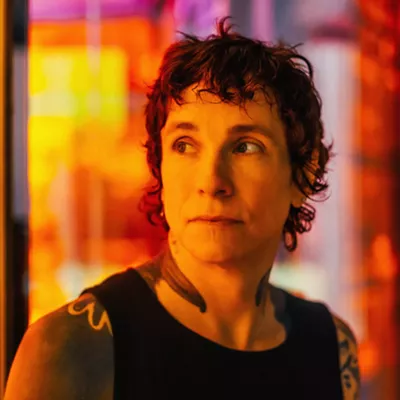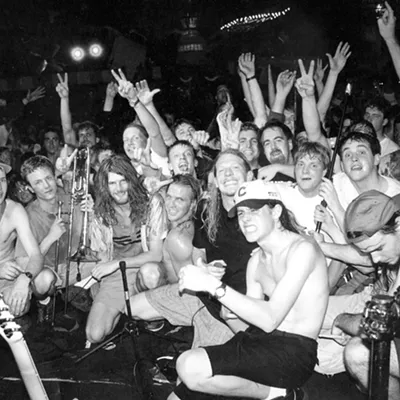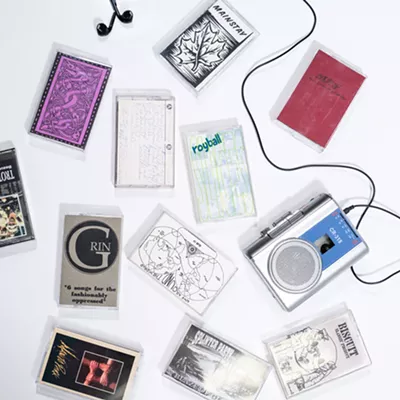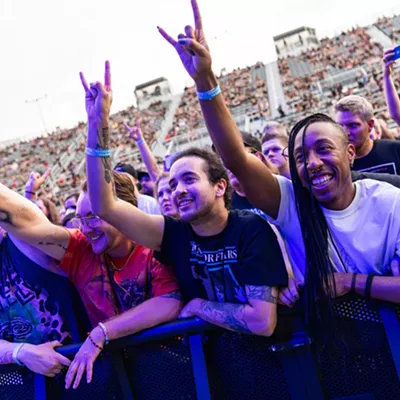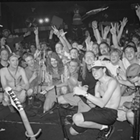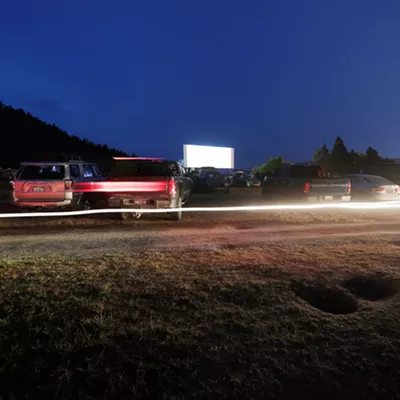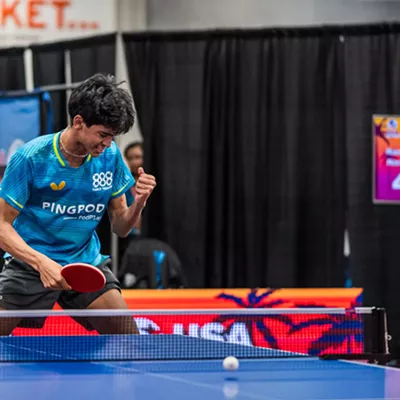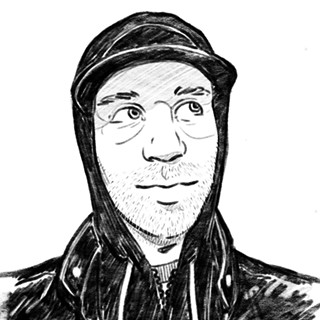When music is hitting just right, there's almost nothing that can make you feel more alive. Blasting your favorite tunes while dancing around your room is a joy for kids and adults alike. Singing along to your favorite song at a concert can be a moment of pure communal adrenaline bliss. Playing music, whether for others or just for yourself, can be a fulfilling creative outlet that makes it feel like you're putting something positive into the world. There are so many ways that music can make us feel so, so good.
So when music feels bad, few things can be quite as soul-crushing.
By its nature, music is meant to be a relief to the world around us. It's a balm of sonic soothing that helps us through the tough realities of existence. And that's really true no matter what your listening tastes may be. Classic compositions can take you on journeys of lush escapism. Pop and rock tunes can pump you up with a little light fun. Comedic tunes can make you laugh when times feel bleak. Punk and thrash metal can be a needed release of pent-up hostilities. Even deeply sad and depressing tunes can make you feel seen and not alone in your gloomiest moments. I've felt catharsis screaming along to Alkaline Trio, having a chuckle with Weird Al, sobbing to Mount Eerie or dancing with youthful hope to Lorde. The spectrum of uplifting music is unending.
But sometimes our brains simply reject that easy relief. And that harshly depressive state can leave us feeling terrifyingly alone in a world of quiet.
I know anecdotally that many people might have felt this for the first time during the onset of the COVID pandemic in spring 2020. While many musicians adapted quickly with a slew of streaming concerts in those early lockdown days, for some, the odd distance of these musical happenings only left them feeling more apart from everyone else. While it's nice to see people keep trying in the face of troubled times, concerts without a true communal feeling can rightfully leave many colder than when they entered the proverbial chat.
Personally, those early COVID months were a largely music-free time. I did watch plenty of the streaming concerts, but I found myself much more drawn to podcasts during that stretch. As someone who tries to attend as many concerts as possible, music in a time with no live shows felt gross to my brain. It much preferred taking in podcasts to fill the void of not actually talking to anyone in person — if I can't chat with my pals, at least I can listen to my podcast proxy pals converse to fill that communication void inside of me. (Eventually, I started my own podcast, mainly to more directly satiate that craving.)
That music gloom also fell to many of the people who create our tuneage, too. It was always ridiculous that (usually non-artistic) people thought the pandemic would be a creative boon. Yes, folks had more "free time," but creatives tend to be more emotionally sensitive and empathetic, so COVID sapped away any creative juices as they were too busy trying to cope with a collective depression and having the live music industry entirely dead for over a year. Many bands I adore didn't make it through COVID, never really breaking up but simply fading away.
Do I wish that some of my favs were there to get me through this trauma? For sure. But I cannot be upset at all with them dealing with those existential traumas in their own way.
Even merely as a hobby musician myself, I went through a stretch where I probably didn't pick up a guitar for a year. Did I have time to get better at the instrument, maybe write a few new songs and improve my craft? Certainly. But I barely had the wherewithal to get out of bed most days. There was no creative inspiration to be found. Playing music just felt like a bad joke in the face of a world in murky stasis.
States of musical paralysis aren't solely brought on by world shaking events. Sometimes it can just be personal.
Personally, 2023 has been a mental health disaster zone so far, much more severe than any year of pandemic sorrow, job loss woes or other obvious downer triggers. It's been a monthslong depressive slog (manageable via therapy and great support from friends), but the worst stretch came at the start of March when suddenly my brain started rejecting anything remotely entertaining.
Suddenly I couldn't bring myself to watch scripted TV shows, play video games, go to movies and — worst of all — listen to music. (This is more than a minor impedance when you are a publication's Music and Screen editor.) Even simply trying to throw on one of my favorite records when I hopped in my car made my skin crawl — every lyric no matter how frivolous felt like a targeted emotional attack, every instrumental gave my manic brain too much time to beat itself up. Songs that feel imprinted in my DNA suddenly felt like foreign viruses attacking my frail state from the inside. I couldn't listen to any familiar music on my solo drive down to Boise for Treefort Music Festival a couple weeks ago, and even fresh stuff I tried ended up cutting like knives at certain points. (I'm looking at you, Skating Polly's "Someone Like a Friend.") It's probably not the most professional state as a music journalist to be openly sobbing on the sidewalks and hallways around Boise heading between festival stages, but that was simply the reality of the mental situation.
I only extremely overshare in this way because I'm aware I'm not the only one to hit this roadblock — where the music you love can feel like a toxic poison seeping through your veins.
As smothering as those feelings can be — how alienating that world of silence is — just remember that those states don't have to be — and likely won't be — permanent. Stick with it and maybe you'll find a way out (and lean on your friends when in need; they will help if you reach out).
In February, I picked up the guitar again and started writing for the first time in years thanks to a brief new spark of inspiration that came out of nowhere. While I might've been an emotional mess wandering the streets of Boise, when I actually got to the stages and was surrounded by the energy of fellow music lovers, the live sets at Treefort always were uplifting, not disheartening — I felt not alone. After weeks of being unable to digest recorded music, on the drive back from Treefort, out of nowhere my brain suddenly was just ready for music again, which led to a six-hour solo singalong of old favorites to get me through the night drive without any call-to-the-void breakdowns.
Music can be a light in a world of oppressively crushing darkness. But it should never be actively harmful. If you hit a spot where that's the case, don't force it. Just try to find yourself in the silence. Give yourself that sonic distance. Give yourself that care. Take your time. Music will be there for you when you get out of the dark. ♦






